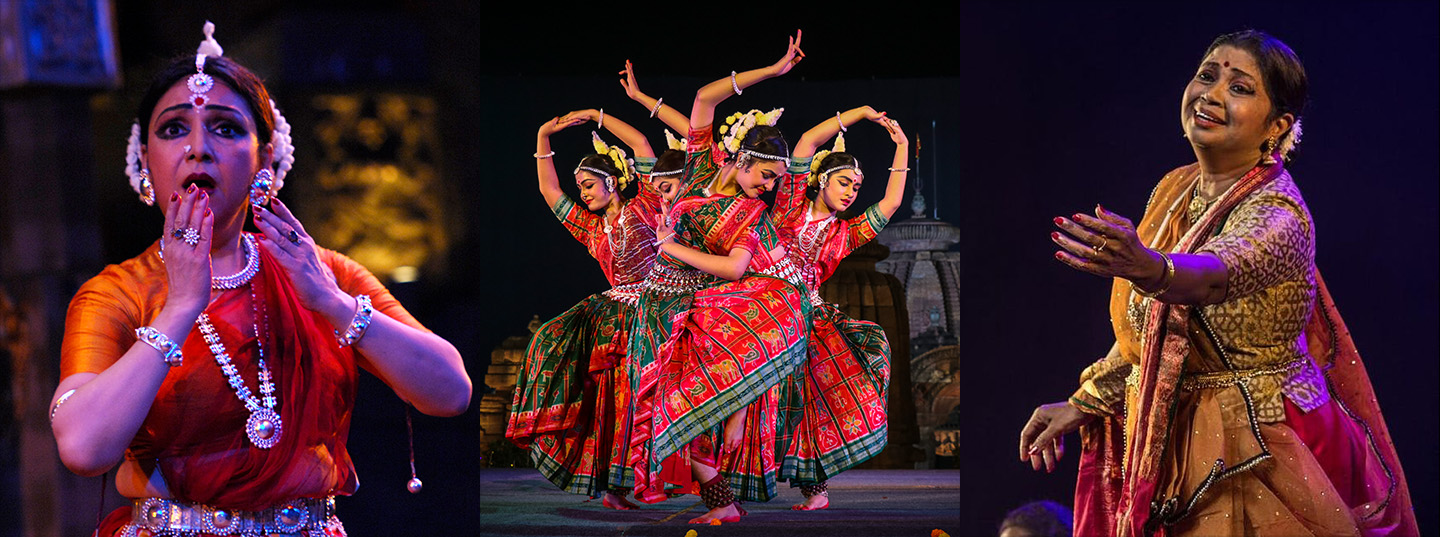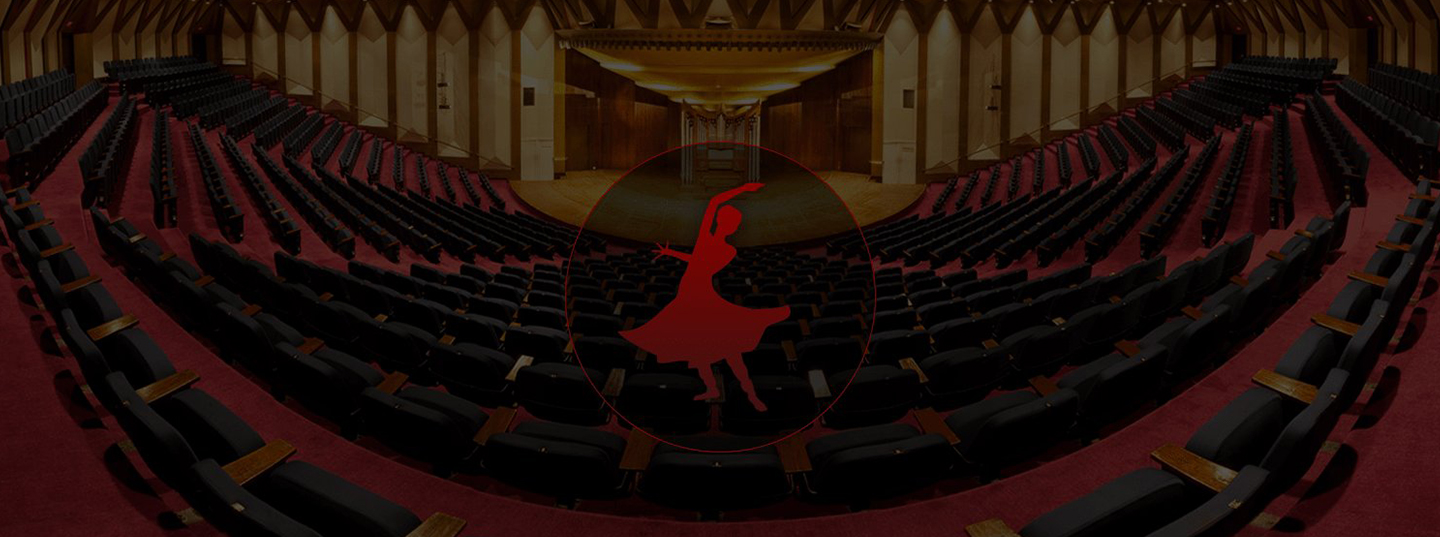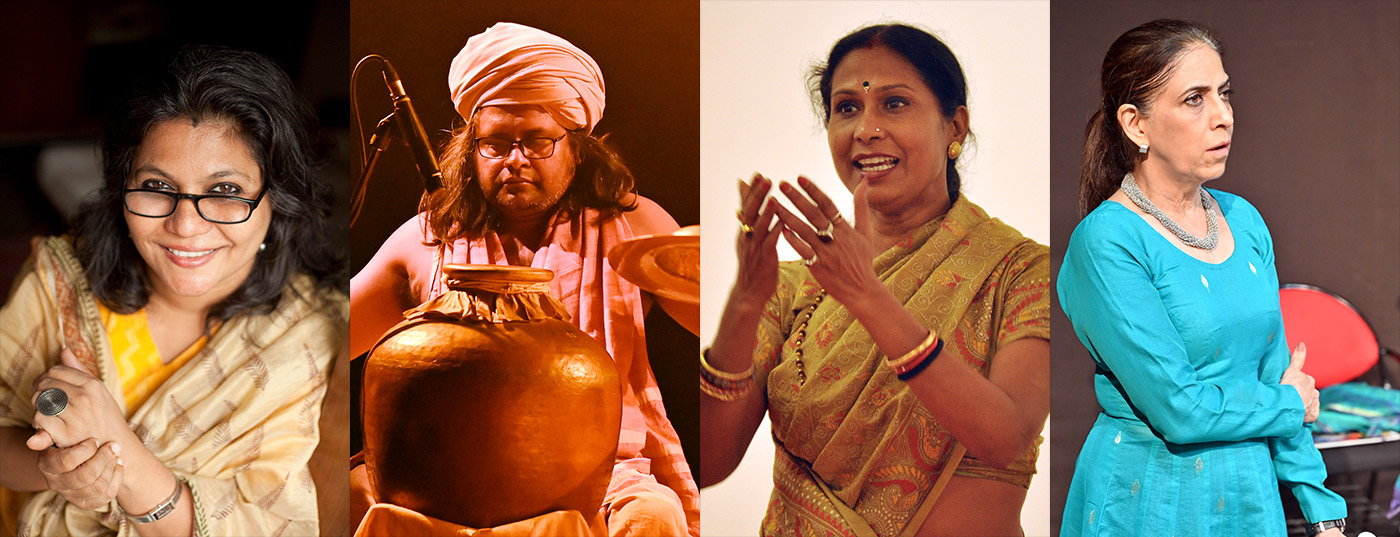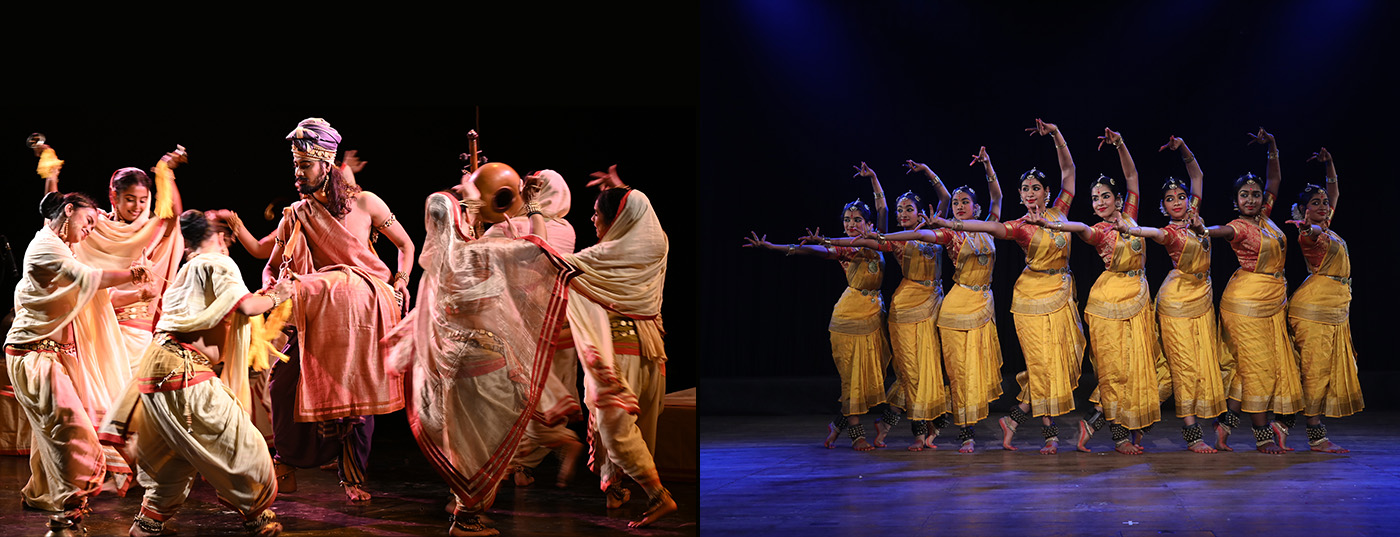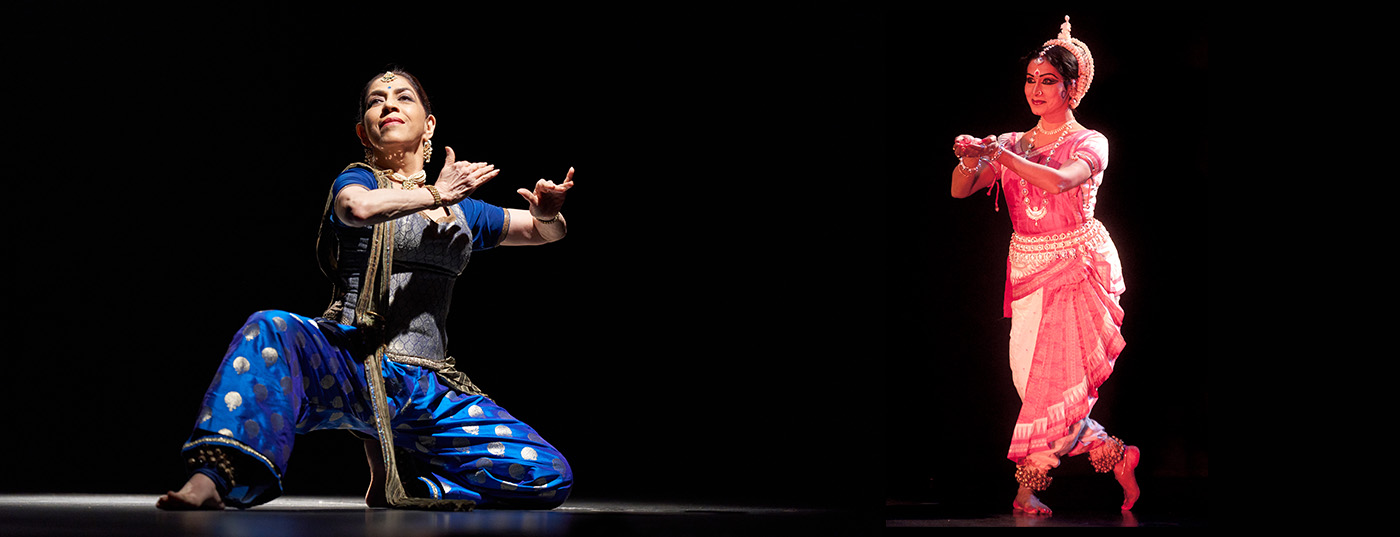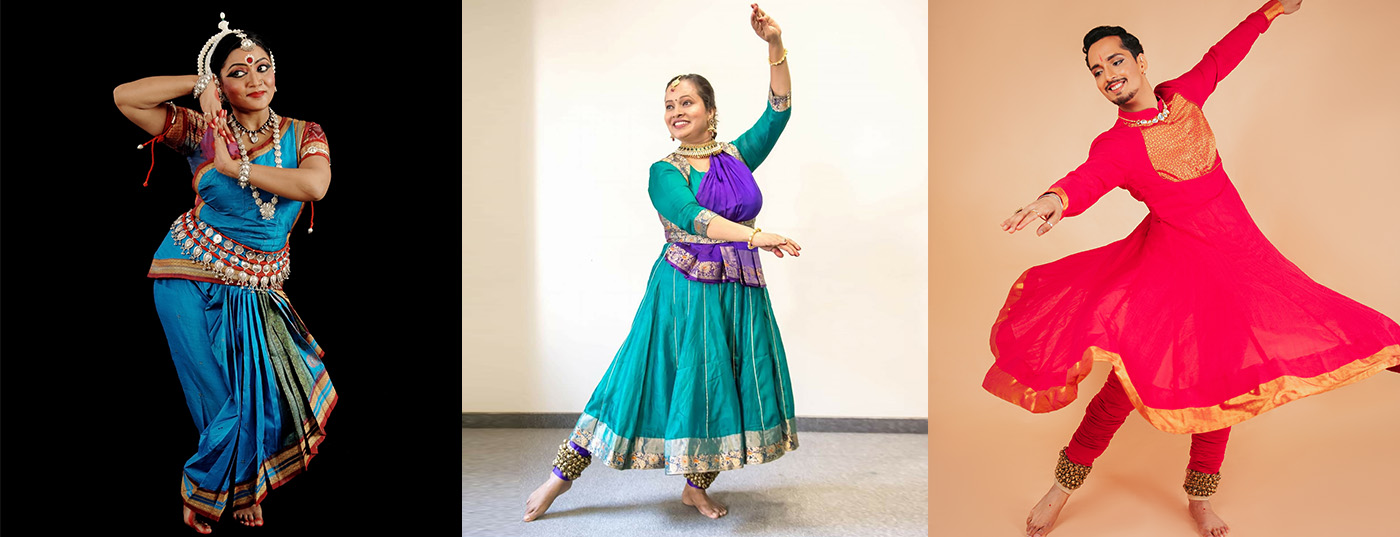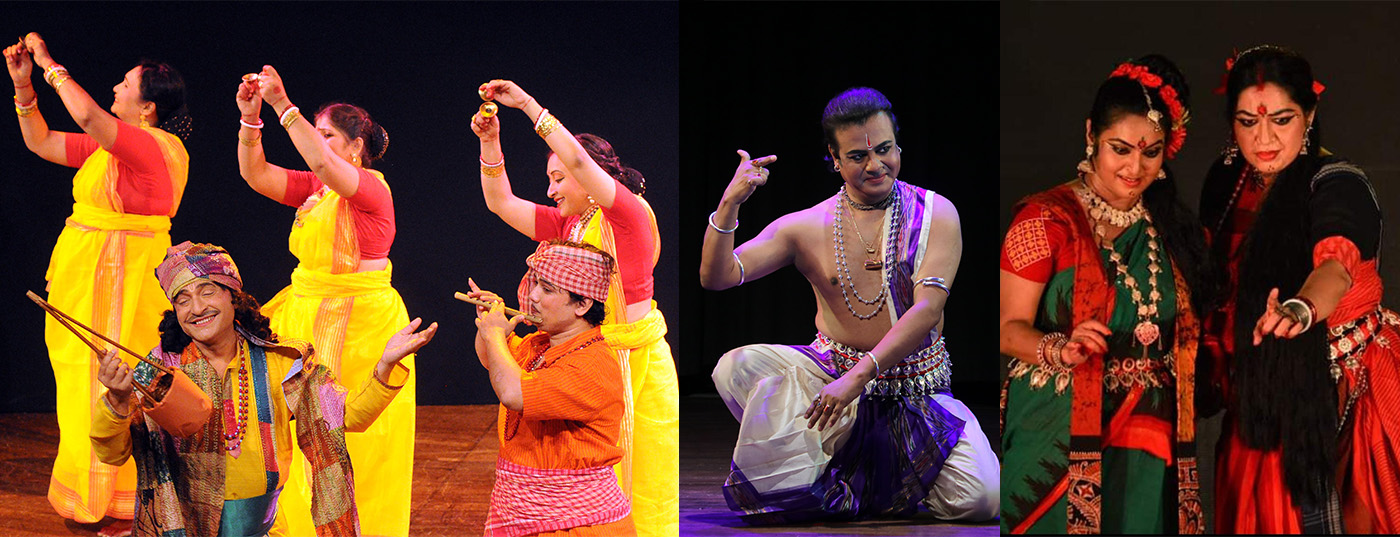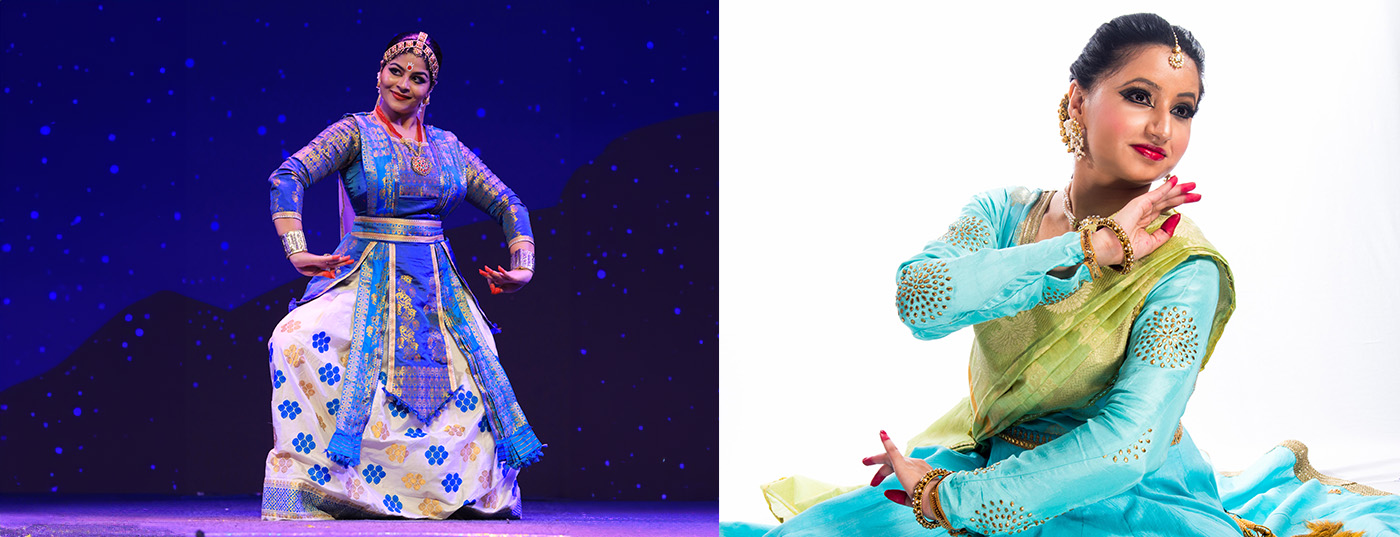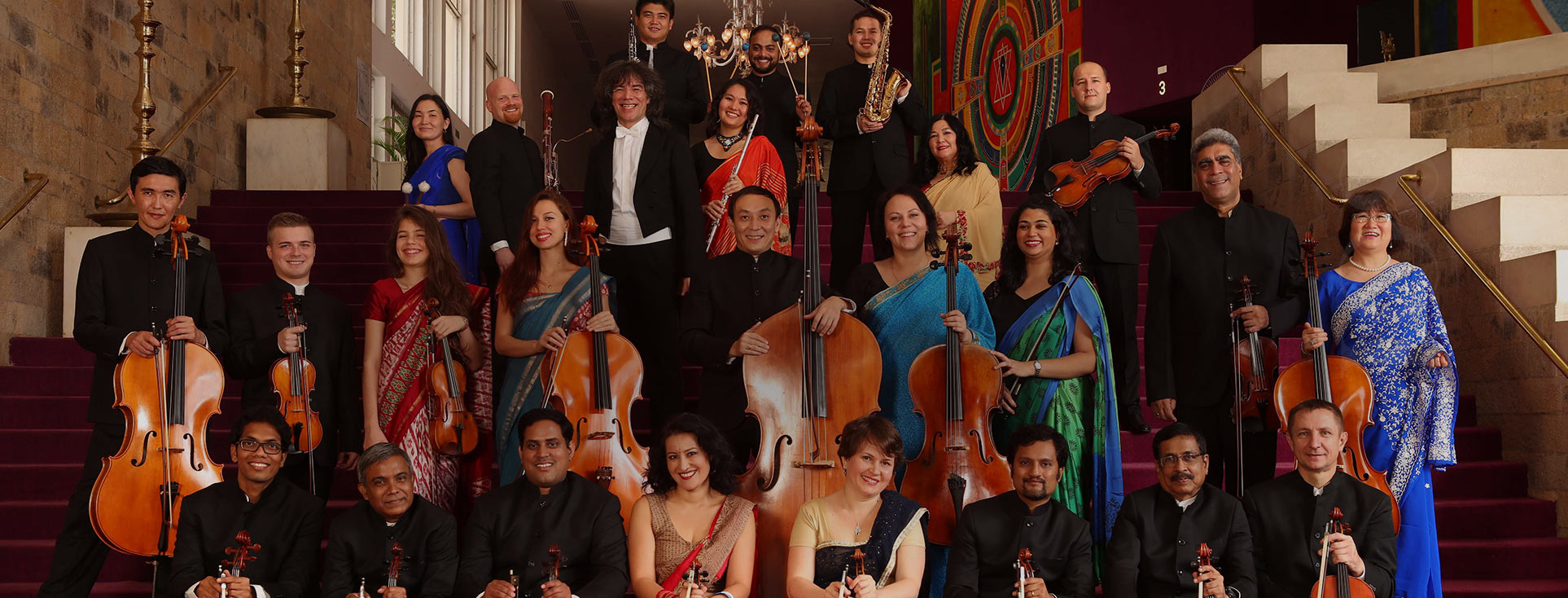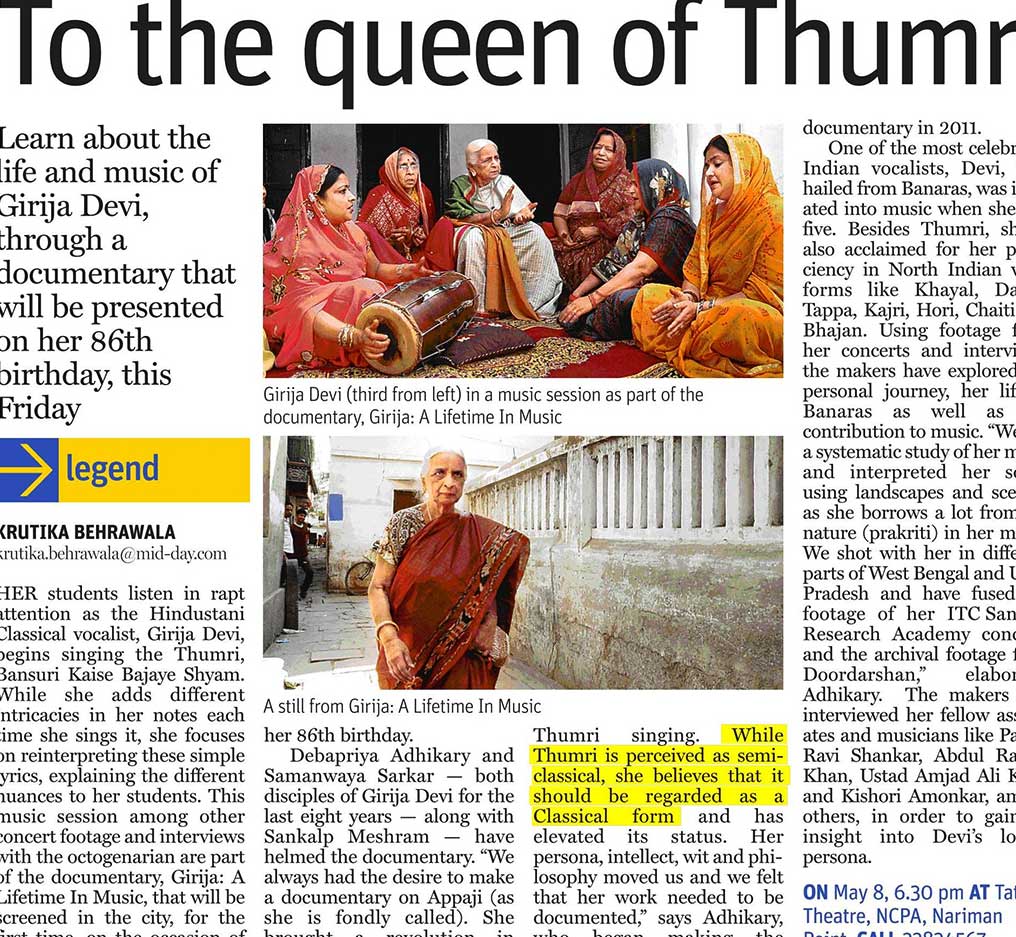-
Venue
Experimental Theatre -
Date Time
27 April 2023 | 6:30 pm
-
Age Limit
6+ -
Member Price
Rs.360 & 270/- -
Non Member Price
Rs.400 & 300/-
Event Details
“APARAJITA” – the one who didn’t stop till she won.
Parijat
Sutapa Talukdar, a dedicated and devoted disciple of Kelucharan Mohapatra, has taken the Odissi dance style to a level of national interest. Over the years she has passionately strived towards making this genre more acceptable. In 1987, she set up a dance school, Gurukul, for students who have a genuine interest in the form and a will to strive to perfect it. Talukdar entered the world of dance at the age of six, learning three diverse forms of Indian classical dance simultaneously—Manipuri, Kathakali and Mohiniattam. In Odissi, her initiation was under Muralidhar Majhi. Subsequently, she trained with Mohapatra from 1981 to 2004. She also studied mime with Kalanidhi Narayan, Bharatanatyam with Padma Subrahmanyam and, for a brief period, took lessons from Sanjukta Panigrahi.
A presentation by Gurukul creative Team choreographed and directed by Guru Sutapa Talukdar
Parijat flower of Devaloka essentially depicts beauty. Four to Five dance sequences will be performed, with their beauty being as unparalleled as that of the Parijat flower. The items that will be presented have all been choreographed by Guru Sutapa Talukdar, ranging from 2005 till recent times. A short summary of the individual pieces are as follows:
Gouri Nandana – Ganesh Vandana:
A spirited dance encompassing Lord Ganesha’s childhood charms and subsequent mature vigour. Odisha’s traditional style, ‘Shabda Swara Patha’ has been followed for its lyrics. It will be presented by three competent dancers and is a tribute to Lord Ganesha, the son of Goddess Gouri, one of the many manifestations of Devi Durga.
Anand Basanta:
A youthful sequence portraying the motley elements of spring, in tune with euphonic rhythms of hope, love and creation
Sabhinaya Pallavi:
A traditional Odissi song, Dekhibo Pora Asare, represents Gopinis who are mesmerized by Lord Krishna’s ethereal beauty and cannot contain their ecstasy by sharing animatedly amongst themselves.
A traditional style of composition, it is where the same raga is used for the Abhinaya which continues parallely with the Pallavi part that consists pure dance.
Madamatwa Matangini- In praise of Goddess Kali:
This song portrays the fierce aspect of the Goddess Durga symbolizing Shakti or empowerment. In this song she emerges from her kind and benevolent personality to transform to the fierce and terrifying Kali Mata. The song is considered to be a favorite of Shri sri Ramkrishna Paramhansadeb which elevated him to a state of divine ecstasy. Ma Kali’s two contradictory features – her petrifying mood and beautiful look create a divine picture.
Pallavi – pure dance presentation:
A sequence following the pure dance techniques of Odisha. This has been designed, deviating slightly from Guru Kelucharan Mohapatra’s style of choreography. Seven dancers will present this with typical feminine dance movements.
Mata Hidimba
An exponent of Kathak and Bharatanatyam, Rajashree Shirke has, through deep and prolonged practical study, managed to capture and retain in her performance the technique and nuances of both these styles. She has performed extensively in India and aboard. Shrike is the Principal of the Lasya Centre of Dance Education and Research, which offers a Diploma in Kathak and Bharatanatyam. She is a recognised theoretician and an acclaimed academician. Shirke is also a gifted creative writer, a highly acclaimed, award-winning actor. As Founder Director of Lasya, she continues to dedicate her life and work to the spread and preservation of the kathakar tradition of Kathak. She is also actively involved in imparting dance training to underprivileged children.
This production brings out the politics of war and the reality of single motherhood through the story of Hidimba and her son Ghatotkach who gets killed in the Mahabharata war.
It speaks of a princess who loved and lived fearlessly; a queen who ruled with wisdom, courage and motherly compassion; and a mother who loved her only son endlessly, who taught and raised him as a shining example of her own power and persona!
Hidimba loved, followed her heart and fought against all odds in the hope of a happy loving life – and all she received was betrayal and unending sorrow. Now, left all alone, without her brother, her husband and finally, even her son – her only chance of hope left in her life – she carries his blood-soaked head in fierce lamentation as she questions Bhagwan Krishna himself – giving him a sense of love and bonding that only a mother would ever understand.
This two-act play written by Chetan Datar has been adapted into the Kathakar Paddhati, by Rajashree Shirke.
Box Office now Open.
